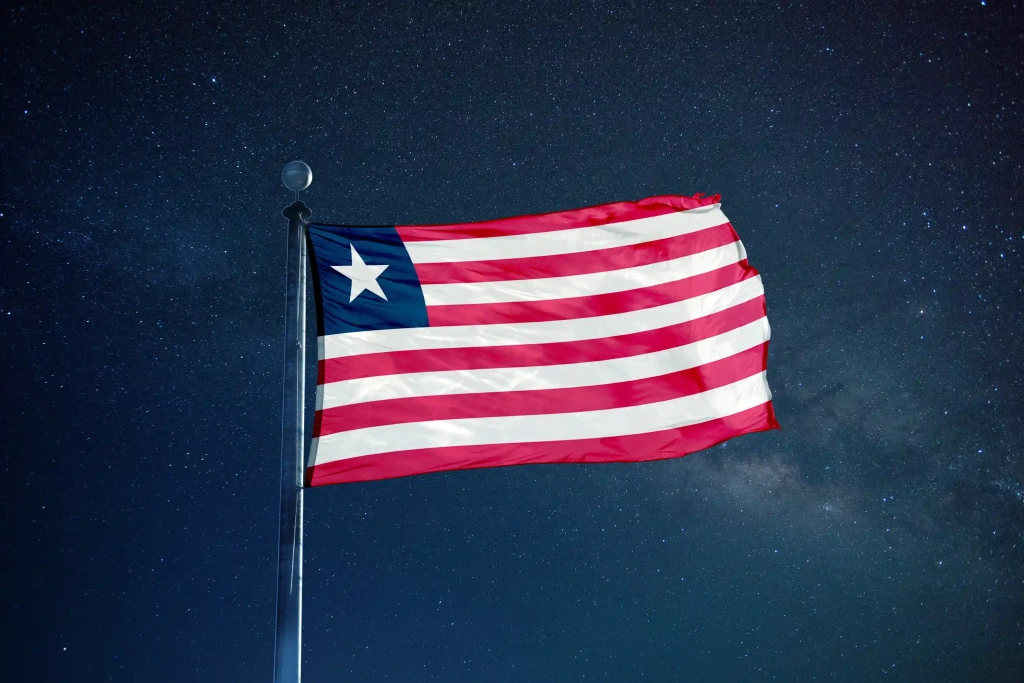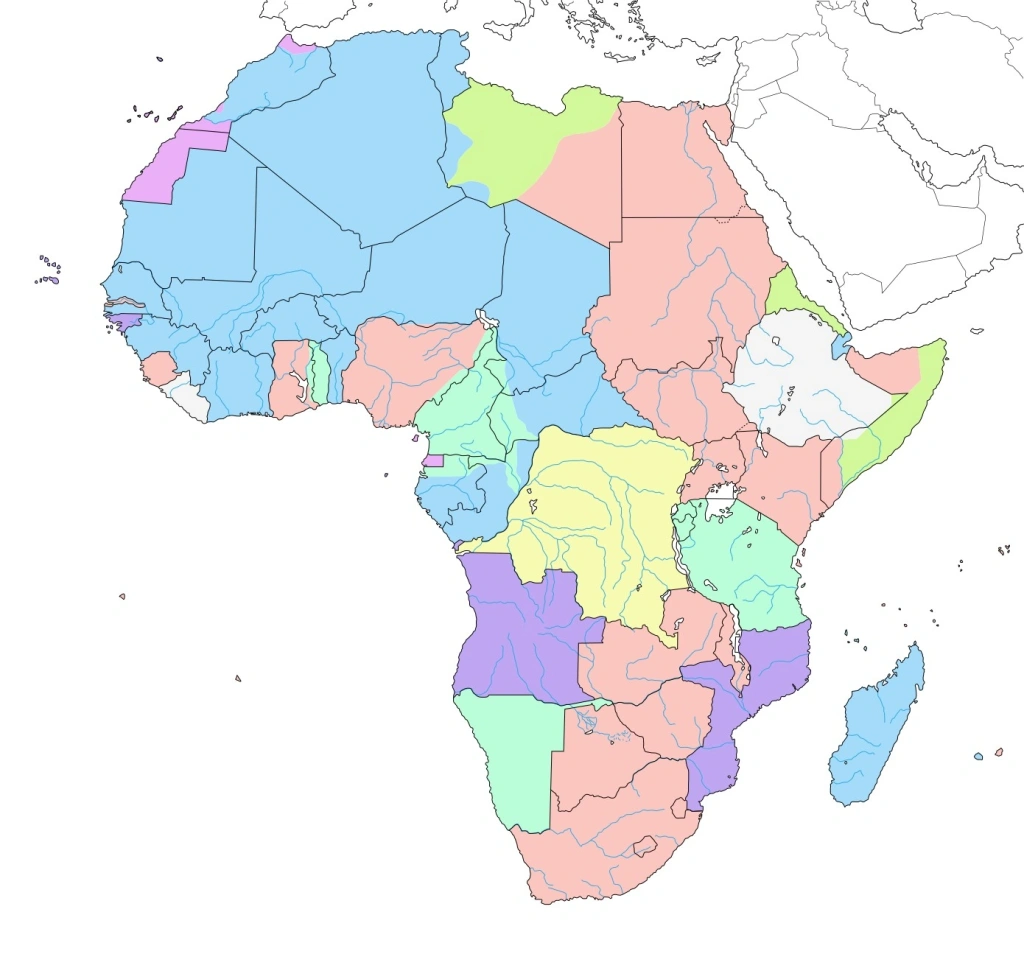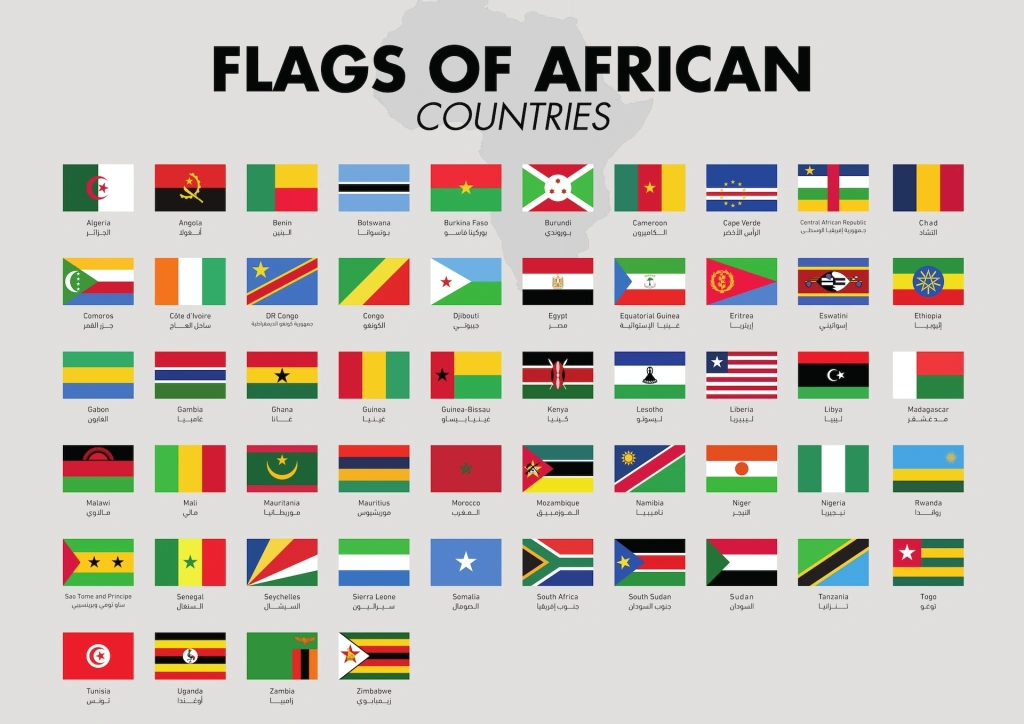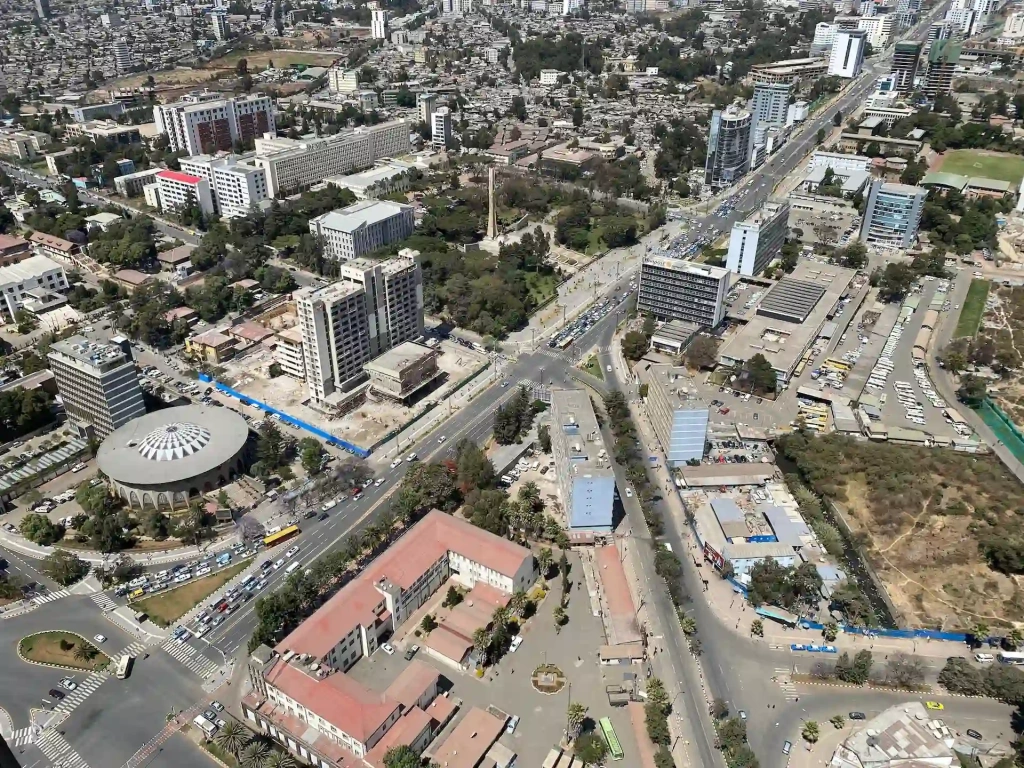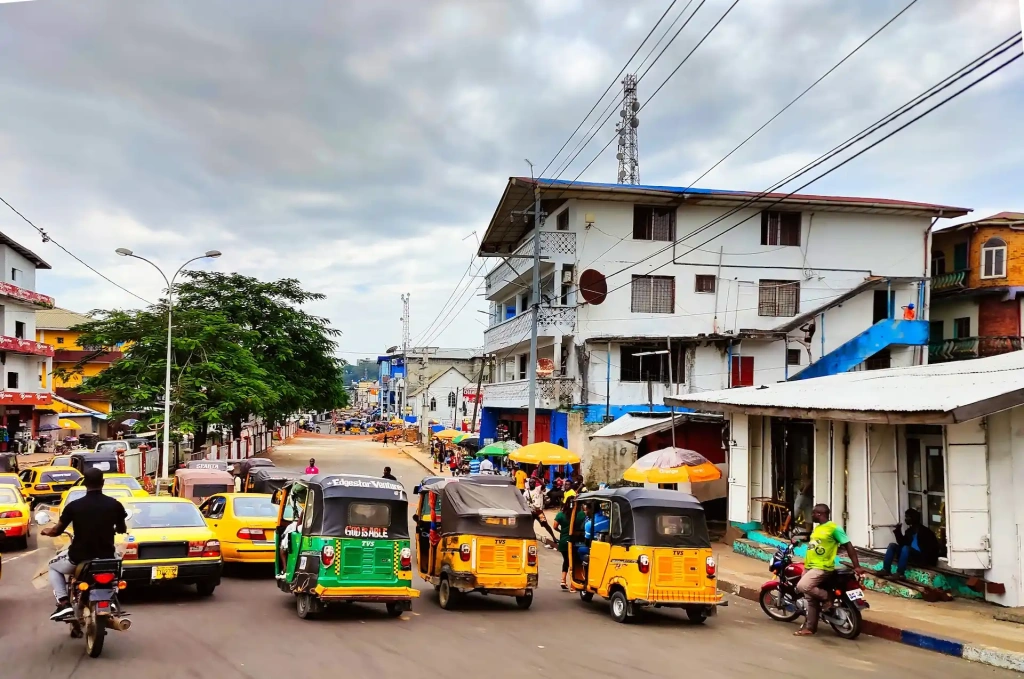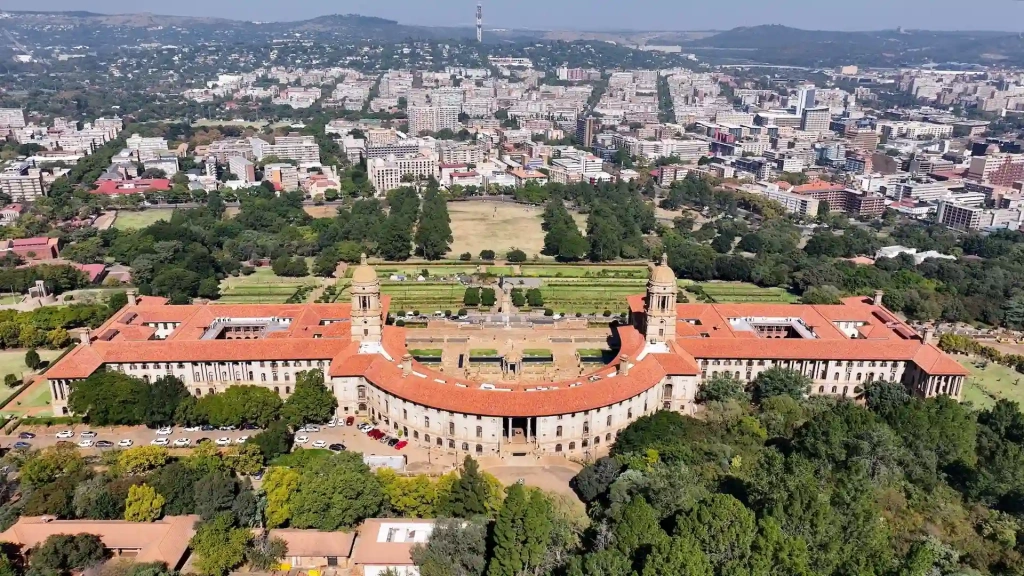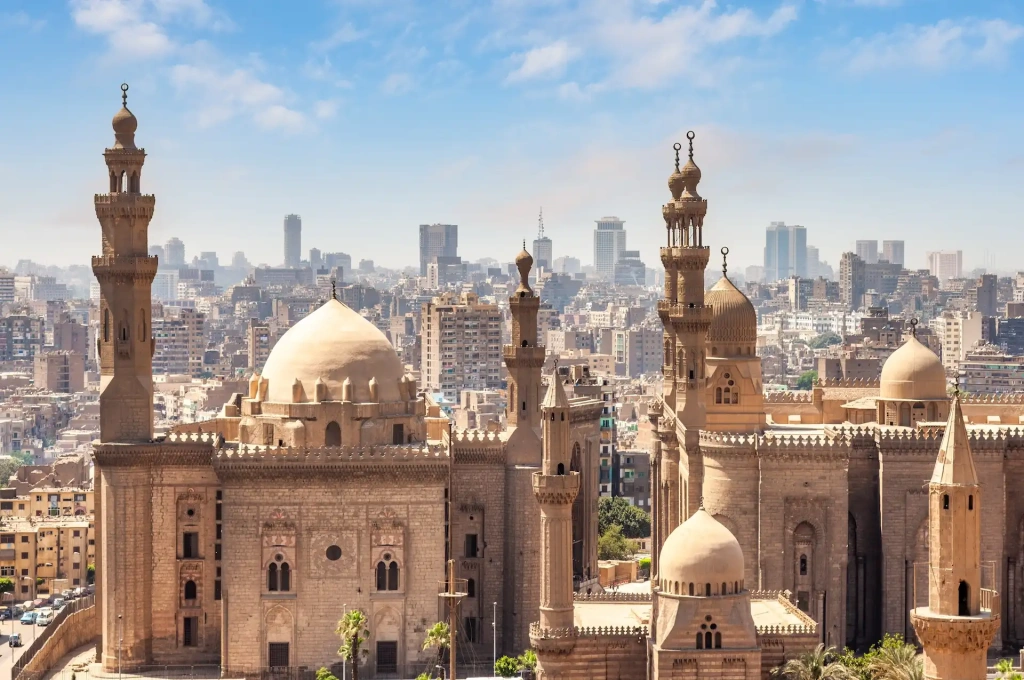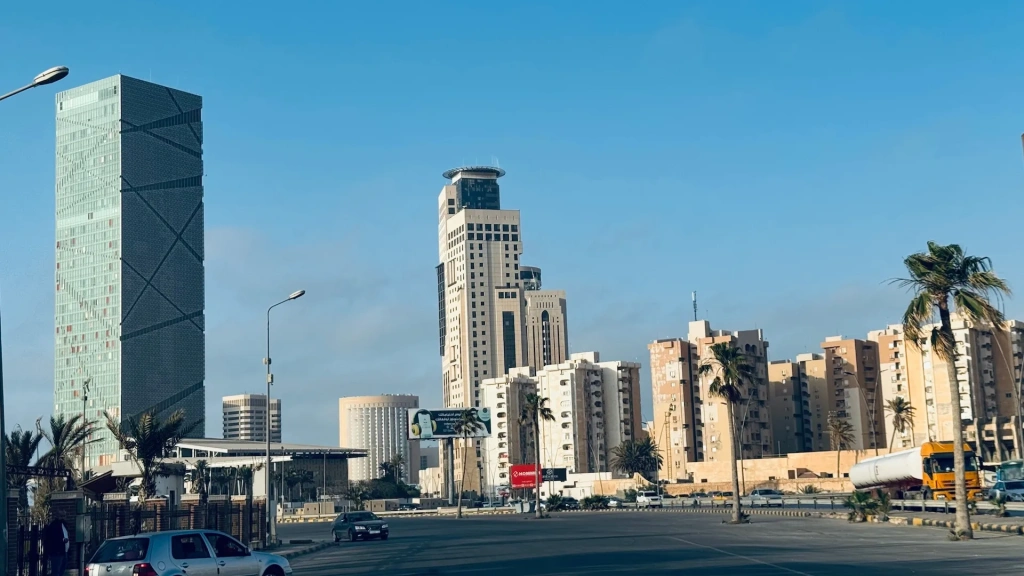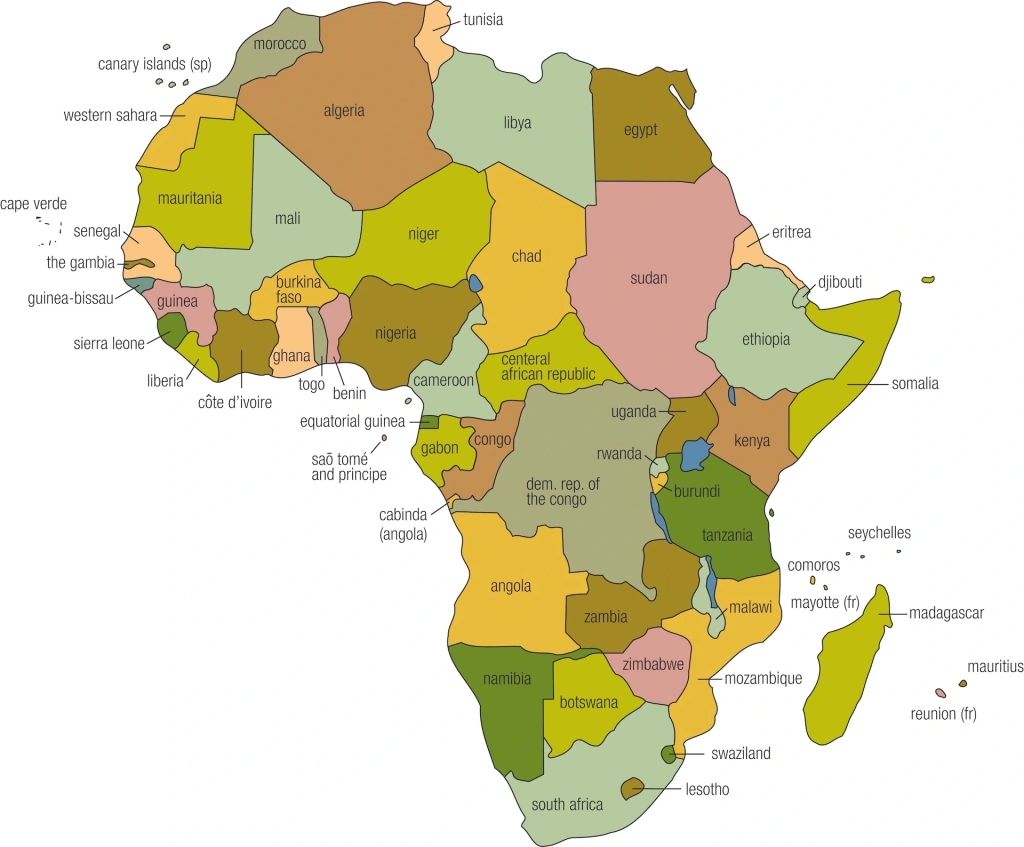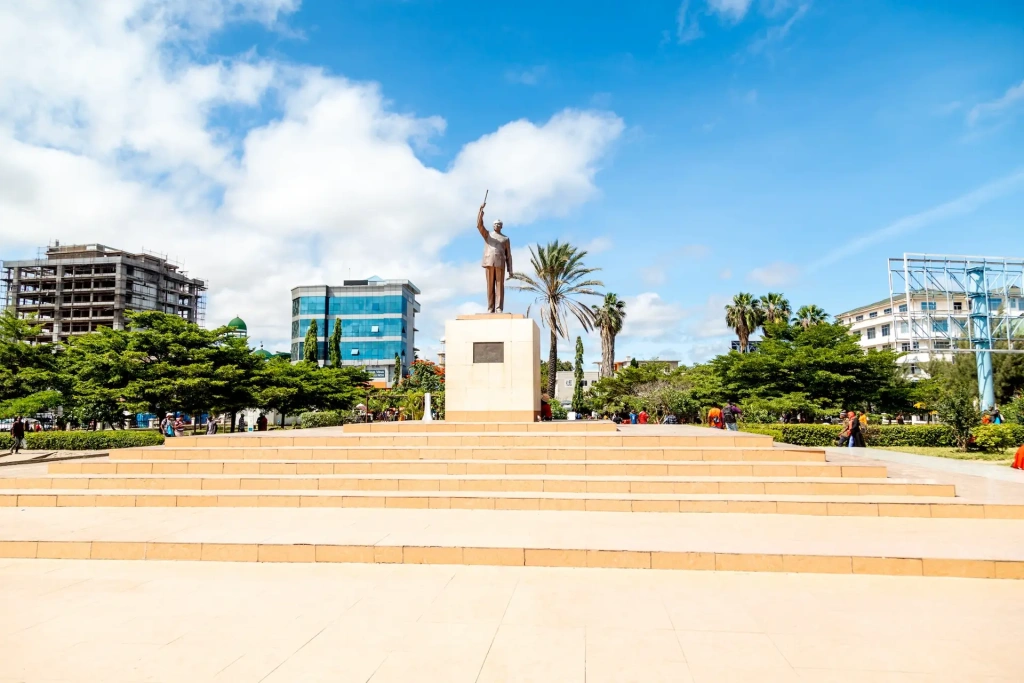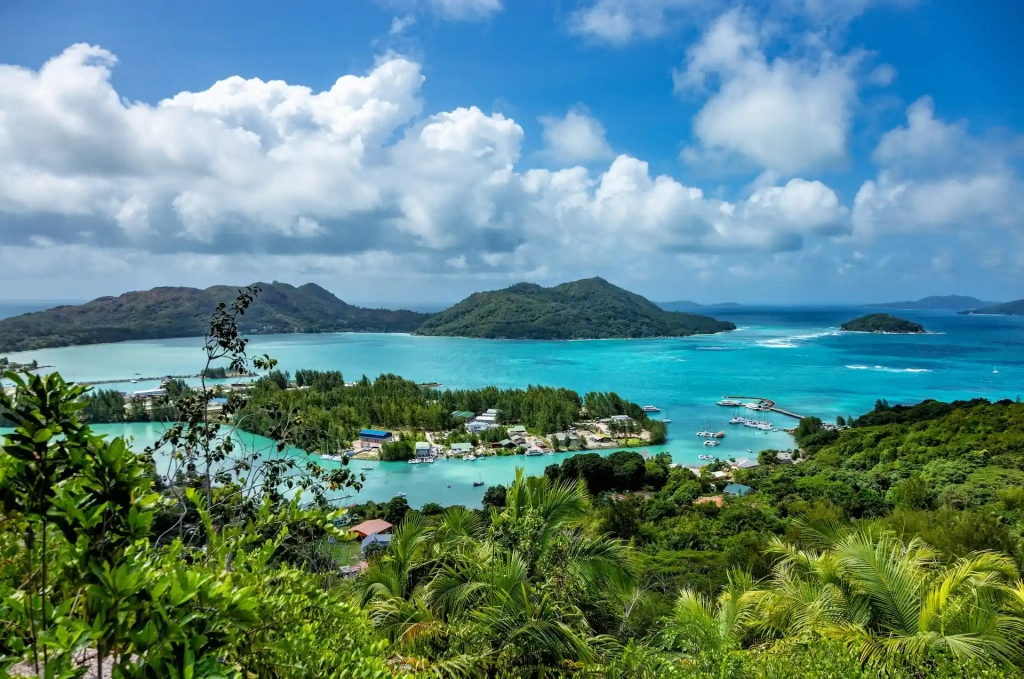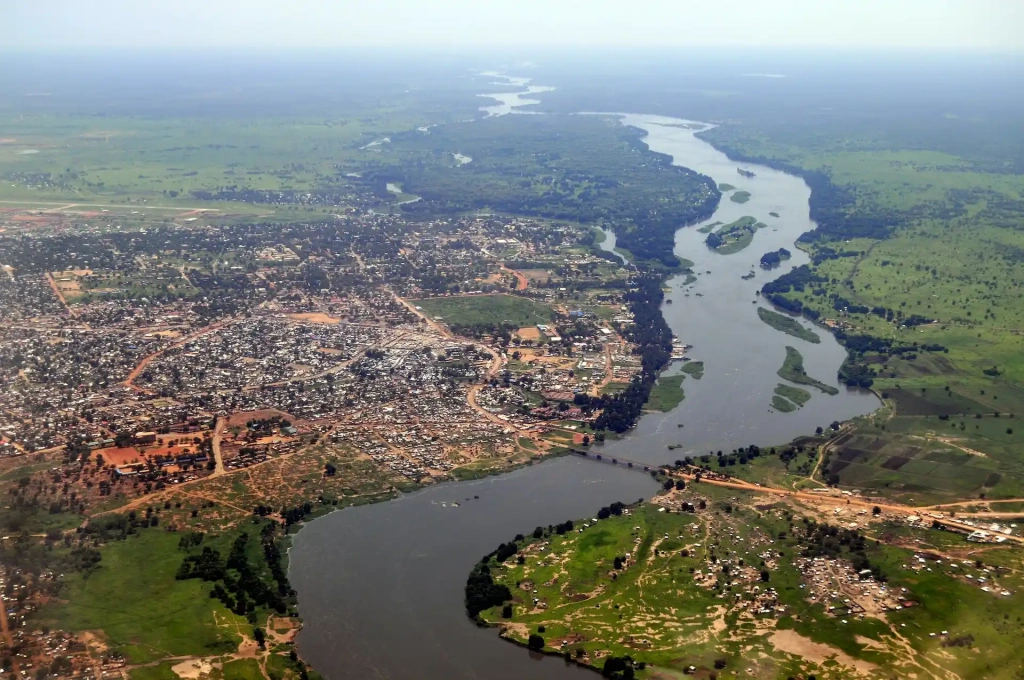Which African country can be considered the oldest?
According to the Cambridge Dictionary, a “country” is a territory with its own government, laws etc. So, considering the continent’s colonial past, the oldest African country would be the one that first gained independence. That country is Liberia.
In other words, Liberia secured its independence even before the “.” However, there is another African country that was never colonized by Europeans and is much older — Ethiopia, specifically the Ethiopian Empire.
Thus, Ethiopia, as the successor to the Ethiopian Empire, can also be considered the oldest African country, though its borders and political system have changed over time.
Ethiopia’s reputation as a state that remained free for centuries is so strong that the colors of its flag — green, yellow, and red — became the colors. Many countries that gained independence in the 20th century adopted these colors for their national flags.
We can also approach the question by viewing a country as a community of people living in a defined territory — that is, a nation or even a civilization formed over time. In that case, the oldest African country would be Egypt, as its civilization dates back over 5,000 years.
Not everyone agrees that modern Egypt should be called the oldest African country, since its modern population does not descend directly from the ancient kingdom. Egypt was conquered many times, and different eras dramatically changed this territory.
When speaking about modern African countries, it makes sense to measure their age from the moment of independence. Let’s take that as our main criterion and look at a list of Africa’s oldest countries.
For this article, we cross-checked the countries' dates of independence with the listings from the Encyclopædia Britannica.
The 5 oldest countries in Africa
We’ll begin with Ethiopia rather than Liberia, as Ethiopia existed as an independent state for much longer. Unlike the rest of Africa, its brief occupation by fascist Italy is not the same as a colonial status.
1. Ethiopia
The Ethiopian Empire dates back to 1270. One could go even further, to the Aksumite Kingdom in the 1st century CE or the Kingdom of D’mt in the 8th century BCE. Both were located in what is now Ethiopia and preceded the current state.
Modern Ethiopia is in East Africa and has more UNESCO World Heritage Sites than any other country on the continent. It has a population of around 118 million, making it Africa’s second most populous nation after Nigeria. (You’ll find a full list of the most populous African countries on our blog.) Ethiopia is the birthplace of coffee culture, and the oldest skeleton, dating back 4.2 million years, was found here. So was "Lucy," the world’s most famous Australopithecus skeleton.
On May 5, Ethiopia celebrates Patriots' Victory Day, which some refer to as Independence Day. The holiday was established in 1941 to commemorate the expulsion of the Italian fascists who had occupied the country. Whether the brief occupation of Ethiopia can be disregarded and whether Victory Day should be considered a true national independence holiday are matters of debate. It’s quite possible that Ethiopia should be moved lower in our ranking — perhaps to fourth place. In that case, Liberia would take the top spot.
2. Liberia
Liberia, too, has its complications. Its independence story is controversial: indigenous people enjoyed far less freedom than the country’s name .
In the early 19th century, a movement gained traction in the U.S. that advocated relocating free Black people to Africa to avoid unrest among slaves. This led to the formation of the American Colonization Society, which aimed to resettle free African Americans in Africa. Supporters believed life would be better for them in their "historical homeland." In 1821, land was purchased on the West African coast, and the first settlement was established.
More organizations joined the effort, and more settlements were founded. These eventually united to form Liberia, declaring independence and drafting a constitution. The outcome was far from ideal: the settlers saw themselves as Americans, looked down on indigenous people, denied them civil rights, and were met with resistance.
Oppression of indigenous people continued until 1980, followed by a series of civil wars. Only in recent years has the situation begun to stabilize. Today, Liberia is a stable democracy. Notably, in 2006, it became the first African country to elect a female head of state.
3. South Africa
South Africa’s history, like that of most African countries, began with colonization. In the mid-17th century, Dutch traders founded a settlement that became Cape Town, attracting settlers from France, Germany, and more Dutch immigrants. Intermarriage with local populations led to the formation of the Afrikaner community, speaking Afrikaans — a language derived from Dutch dialects.
Later, Britain invaded the Cape Colony. The Afrikaners moved north to form independent republics. The British waged and won several wars, expanding their control. In 1910, they pushed to unite four provinces into the Union of South Africa. This marks the beginning of modern South Africa’s official independence, though it remained under British rule via a Governor-General.
South Africa only became a fully independent republic in 1961. By then, apartheid had been in place for over a decade, enforcing racial segregation and denying civil rights to Black citizens. Discrimination persisted until the 1990s, with Nelson Mandela and others leading the fight against it.
Today, South Africa is a democratic country with a more socially balanced society. Economically, it is the continent’s most developed nation. Its population is called the "rainbow nation" for its rich cultural and linguistic diversity.
4. Egypt
It’s difficult to pinpoint when modern Egypt began. The unified kingdom of Upper and Lower Egypt was formed around 3150 BCE. Over the centuries, Egypt became part of various empires: Macedonian, Roman, Byzantine, Arab Caliphate, and Ottoman. At one point, Egypt even conquered Sudan.
Modern Egypt likely began forming in the early 19th century when a local Ottoman governor rebelled and started modernizing the country along European lines. Before Egypt could fully break free from the Ottoman Empire, it came under British control. It remained a British protectorate from 1882 to 1952. However, the Kingdom of Egypt was formally declared independent in 1922 — a date most sources consider the beginning of modern Egypt.
A military coup in July 1952 is now celebrated as Revolution Day, equivalent to Independence Day. Egypt officially became a republic in 1953, which arguably marks the real beginning of the modern state.
Today, Egypt is the most populous Arab country and Africa’s second-largest economy after South Africa. It is known for its ancient monuments and Red Sea resorts, and is considered one of the continent’s safest countries.
5. Libya
Libya is Egypt’s neighbor in North Africa. Their histories share many similarities — ancient roots, foreign invasions, and eventual independence through military coups.
In ancient times, the territory of modern Libya was inhabited by Berber tribes. Over the centuries, it was conquered by various powers: Phoenician Carthage, the Persians, Greeks, Egyptians, Romans, Vandals, and eventually the Arabs. For a long period, Libya was part of the Ottoman Empire. In the 20th century, from 1911 to 1943, it was a colony of Italy.
After the defeat of fascist Italy in World War II, Libya was administered jointly by Britain and France. It wasn’t until 1951, under pressure from the United Nations, that Libya was declared an independent country.
Today, Libya is politically unstable, with two rival governments. The country is still recovering from a civil war and the legacy of Muammar Gaddafi’s 42-year authoritarian rule.
Libya is Africa’s fourth-largest country by land area, but 90% of its territory is uninhabitable desert. Its tourism industry collapsed due to the civil war and has not yet recovered.
The other oldest countries in Africa
The mid-20th century was a period of sweeping change, during which nearly all other African countries gained independence. In some years, multiple countries broke free of colonial rule at once.
In 1956, Sudan, Morocco, and Tunisia gained independence. In 1957 — Ghana, and in 1958 — Guinea.
The year 1960 marked independence for a large number of countries: Cameroon, Senegal, Togo, Madagascar, the Democratic Republic of the Congo, Somalia, Benin, Niger, Burkina Faso, Côte d’Ivoire, Chad, the Central African Republic, the Republic of the Congo, Gabon, Mali, Nigeria, and Mauritania. In 1961, Sierra Leone became independent.
In 1962, Burundi, Rwanda, Algeria, and Uganda became independent. The year 1963 brought independence to Kenya, and 1964 — to Malawi and Zambia. The Gambia became an independent country in 1965. Botswana and Lesotho followed in 1966.
The year 1968 was marked by the independence of several nations: Mauritius, Eswatini (formerly Swaziland), and Equatorial Guinea. Guinea-Bissau’s path to full independence took longer; it achieved complete sovereignty only in 1974.
1975 marked the end of the colonial era for several nations: Mozambique, the island state of Cape Verde, the Comoros, the island nation of São Tomé and Príncipe, and Angola. In 1976, the Seychelles Islands gained independence. Djibouti was granted independence in 1977.
Zimbabwe’s journey to independence spanned a decade and a half. The country, then known as Southern Rhodesia, declared independence as early as 1965, but it was not officially recognized until 1980.
Among the last African nations to gain independence was Namibia, which South Africa had long resisted letting go. Namibia finally achieved independence in 1990.
In 1993, as mentioned earlier, Eritrea gained independence from Ethiopia.
The most recent African country to gain independence is South Sudan. In 2011, it seceded from Sudan, becoming the world’s youngest internationally recognized country.
A list of African countries by date of independence
Finally, let’s summarize everything in a simple table of the oldest countries in Africa by independence date:
This list of African countries ordered by their date of independence is not absolute. A closer look at the histories of individual nations reveals that many official dates are somewhat symbolic, meaning countries could reasonably be moved around in the list.
There are also unrecognized states, disputed territories, and blurred borders. For instance, the Sahrawi Arab Democratic Republic, also known as Western Sahara, declared independence in 1976 but remains only partially recognized to this day. Most of its territory is currently controlled by Morocco.
All content on Altezza Travel is created with expert insights and thorough research, in line with our Editorial Policy.
Want to know more about Tanzania adventures?
Get in touch with our team! We've explored all the top destinations across Tanzania. Our Kilimanjaro-based adventure consultants are ready to share tips and help you plan your unforgettable journey.















